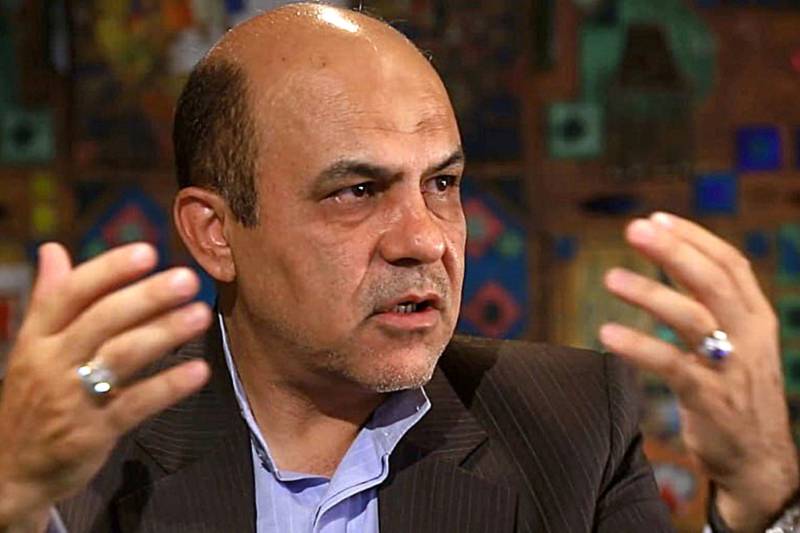Iran executes British-Iranian dual national for spying

Stay tuned with 24 News HD Android App

Iran said Saturday it executed British-Iranian dual national Alireza Akbari after he was sentenced to death for spying for the United Kingdom, drawing sharp condemnation from the British government.
Akbari, 61, was hanged after being convicted of "corruption on earth and harming the country's internal and external security by passing on intelligence", the judiciary's Mizan Online website said. It did not say when or where the execution took place.
Mizan Online said Akbari, who had been arrested more than two years ago, had been a spy for Britain's MI6 security agency and had received around $2 million for his services.
British Prime Minister Rishi Sunak said he was "appalled" by the execution of the British-Iranian citizen.
"This was a callous and cowardly act, carried out by a barbaric regime with no respect for the human rights of their own people," Sunak tweeted, adding his thoughts were with "Alireza's friends and family".
UK Foreign Secretary James Cleverly warned on Twitter that his execution "will not stand unchallenged", without elaborating further.
Akbari was hanged only hours after the United States had joined its ally Britain in calling for Iran not to go ahead with the execution.
US diplomat Vedant Patel said on Friday that Washington had been "greatly concerned" by reports that Akbari had been "drugged, tortured while in custody, interrogated for thousands of hours and forced to make false confessions".
- 'Forced confession' -
Media outlets in Iran, which does not recognise dual nationality for its citizens, had broadcast a video this week in which Akbari appears to speak of his contacts with Britain.
BBC Persian on Wednesday aired an audio message it said was from Akbari in which he said he was tortured and forced to confess on camera to crimes he did not commit.
"I was given new clothes and asked to dye my hair to be released but then I was taken to a film studio and threatened with a gun to falsely confess," a man is heard saying in the recording.
Mizan Online, citing the intelligence ministry, said Akbari became a "key spy" for Britain's MI6 due to "the importance of his position".
"The actions of the British spy service in this case have shown the value of the convict, the importance of his access and the enemy's trust in him," it said.
Akbari, a veteran of the Iran-Iraq war that raged from 1980-1988, was arrested sometime between March 2019 and March 2020, state media said.
He was once identified by the government's official Iran newspaper as a former deputy defence minister under Ali Shamkhani, who currently heads Iran's Supreme National Security Council.
Akbari had also been an "adviser to the commander of the navy" as well as "heading a division at the defence ministry's research centre", state media said this week.
- Protest crackdown -
On Saturday Mizan Online reported that he had retired between March 2002 and March 2003, and moved to "research and business activities in the private sector".
Prominent Iranian lawyer Saeid Dehghan on Twitter called the sentence and execution of a dual national "political".
Dehghan noted that the execution comes amid moves in the British parliament to list Iran's Islamic Revolutionary Guard Corps as a terrorist group over its role in a deadly crackdown on protests.
Amnesty International says Iran is the world's most prolific user of the death penalty after China.
Another dual national also facing the death penalty is Swedish-Iranian citizen Ahmadreza Djalali, who has been held since 2016 and in 2017 was sentenced to death on espionage charges that his family vehemently denies.
In early December, Iran executed four people accused of working with Israeli intelligence, Mizan said at the time.
Iran hanged them four days after the supreme court upheld their death sentence for "their intelligence cooperation with the Zionist regime (Israel) and kidnapping", Mizan reported.
The Islamic republic has been rocked by protests sparked by the September 16 death of Mahsa Amini, a 22-year-old Iranian Kurd, after she was arrested for allegedly violating the country's strict dress code for women.
Iran's judiciary has confirmed that 18 people have been sentenced to death in connection with the protests, according to a count compiled by AFP from official announcements.
Four of them have been executed.
